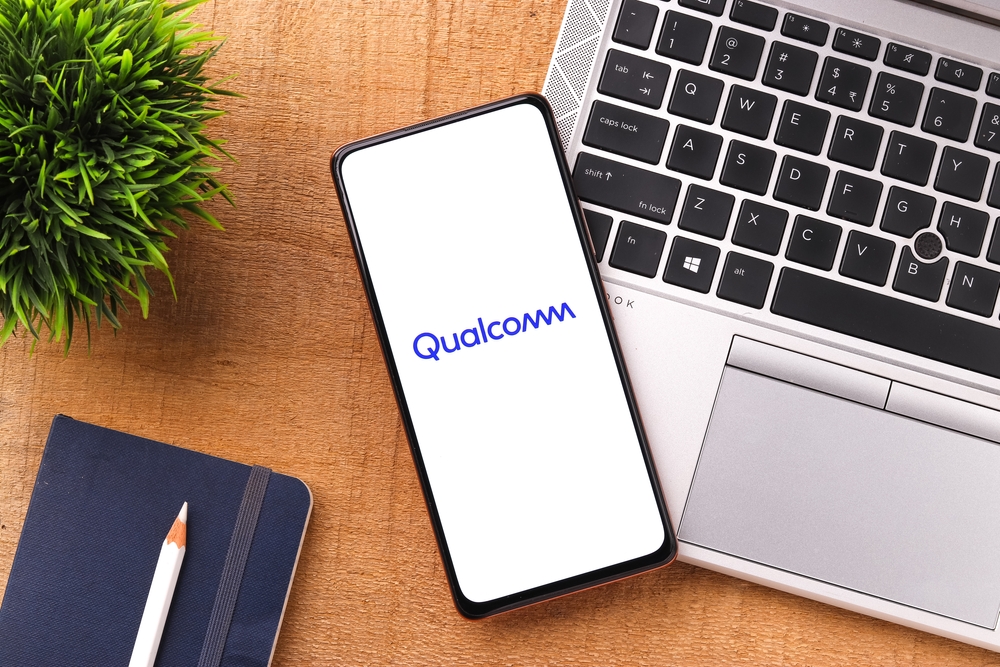Arm Holdings Plc has announced the cancellation of its architectural license agreement with Qualcomm Inc. The move, which has sent shockwaves through the semiconductor industry, could significantly impact both companies, as well as the broader smartphone and personal computer markets.
A 60-Day Notice of Cancellation
Arm, based in the UK, issued Qualcomm a 60-day notice to terminate the license, according to documents obtained by Bloomberg. This agreement has allowed Qualcomm to design its own chips using Arm’s proprietary technology, a crucial asset in the development of processors used in Android smartphones. The termination of this license comes after a series of legal clashes that began when Arm sued Qualcomm for breach of contract and trademark infringement in 2022.
Potential Market Disruptions
The cancellation, if upheld, could have severe financial implications for Qualcomm, which sells millions of processors annually. Qualcomm’s stock price fell as much as 3% after the announcement, signaling concerns over the potential impact on its business. Arm, on the other hand, saw its shares drop by 6.4%. Qualcomm’s revenue, which amounts to roughly $39 billion, could take a major hit if it loses access to Arm’s vital chip designs.
The Roots of the Dispute
The rift between Arm and Qualcomm deepened following Qualcomm’s 2021 acquisition of Nuvia, a startup in the chip-design space. Arm claims Qualcomm failed to renegotiate terms to account for the new business, while Qualcomm contends that the existing contract covers its expanded operations. Arm is demanding that Qualcomm destroy all Nuvia designs created before the acquisition and cease using them without permission.
A High-Stakes Trial Ahead
This high-stakes battle is set to continue in court, with both companies preparing for a December trial. Arm has expressed confidence that the court will side with it in the breach-of-contract claim, which could result in severe consequences for Qualcomm if the license cancellation stands. Qualcomm, however, has vehemently denied the allegations, calling Arm’s claims “baseless” and accusing the company of anticompetitive conduct.
The dispute highlights the increasingly complex dynamics within the semiconductor industry and raises questions about the future of chip design and licensing in the tech sector.
For more details on the ongoing legal battle, read the full report here.


